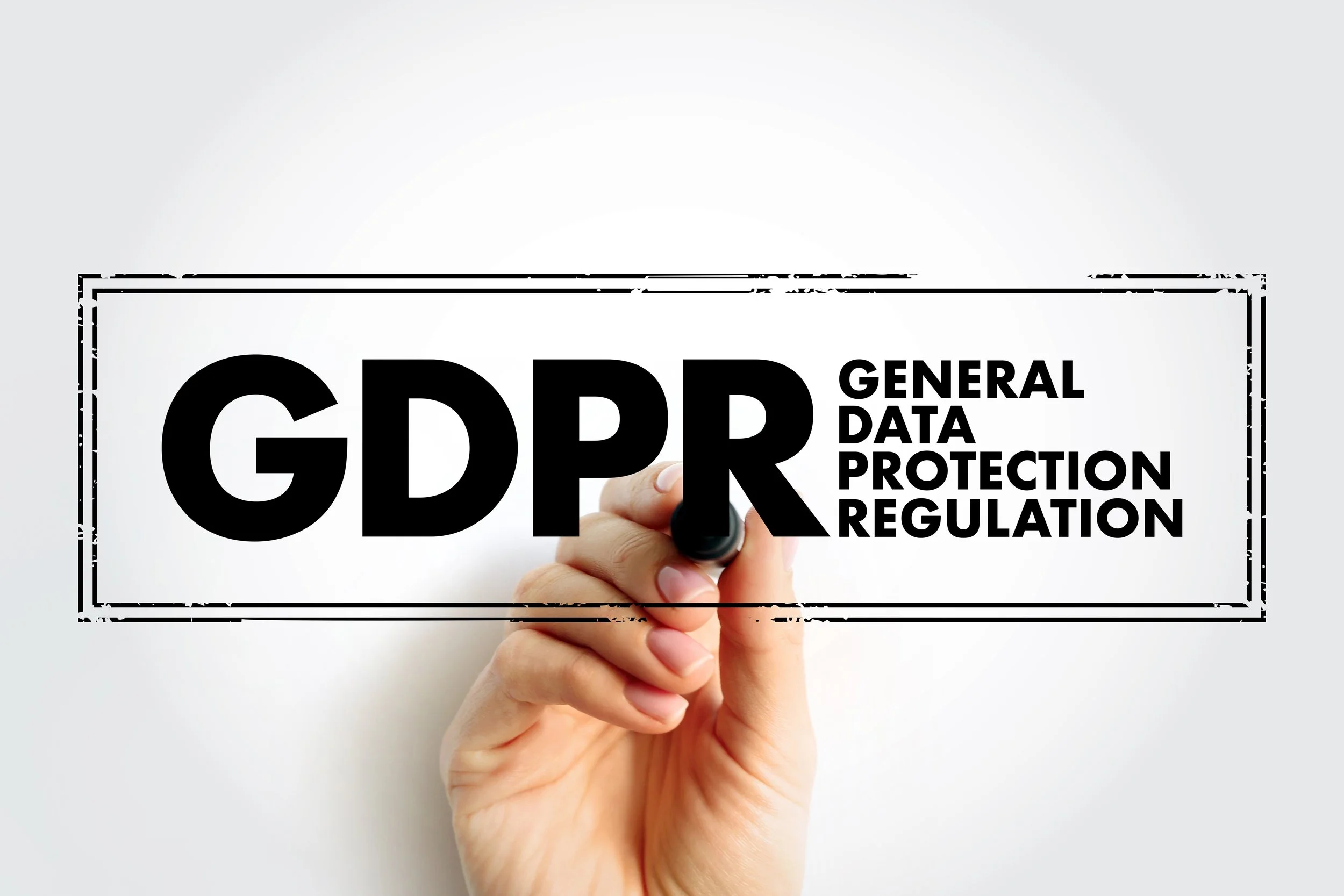GDPR Reform 2025: What the New EU Data Rules Mean for Mid-Sized Companies
The European Union’s flagship data protection law—GDPR—is about to undergo its most significant update since its inception in 2018. The upcoming 2025 reform, part of a broader regulatory simplification agenda, introduces targeted changes aimed at easing compliance burdens for small and mid-cap enterprises (SMCs) while strengthening cross-border enforcement procedures.
For businesses across Europe, particularly those in the scaling phase, these updates are more than legal fine-tuning; they are a welcome shift towards a smarter, fairer, and more growth-friendly regulatory environment.
Why Is GDPR Changing?
The current GDPR framework applies the same core compliance obligations to both multinational corporations and much smaller enterprises, often creating disproportionate administrative burdens. Studies such as the Draghi Report and the Letta Report have highlighted how this one-size-fits-all approach can stifle innovation, investment, and competitiveness, especially for companies that are too large to be classified as SMEs but not yet full-scale corporates.
In response, the European Commission unveiled a series of regulatory simplification measures in May 2025, aiming to cut red tape, promote scalability, and ensure the GDPR remains both effective and economically sustainable.
Who Benefits: The Rise of the “Small Mid-Caps”
A key innovation of the proposal is the formal recognition of Small Mid-Cap Enterprises (SMCs), which are companies with 250 to 749 employees, a turnover of under €150 million, or a balance sheet total of below €129 million.
This new classification acknowledges that SMCs face unique challenges as they outgrow the SME bracket but remain far from the regulatory sophistication of large corporates. These firms, some 38,000 across the EU, are now explicitly considered in the design of compliance obligations, support mechanisms, and regulatory enforcement.
Key GDPR Changes for 2025: What’s New?
1. Smarter Record-Keeping Requirements (Article 30 GDPR)
Under current GDPR rules, organisations with fewer than 250 employees are exempt from maintaining records of data processing activities unless they handle sensitive data or pose a high risk of data loss. The 2025 reform raises this threshold significantly:
The new exemption applies to organisations with up to 750 employees
Record-keeping will only be mandatory if there is high-risk processing or special category data involved
This pragmatic approach shifts the focus from company size to actual data risks, lightening the paperwork for growing firms without compromising protection for individuals.
2. Codes of Conduct and Certifications: Inclusivity for SMCs (Articles 40 & 42 GDPR)
To ensure regulatory tools remain fit-for-purpose, the reform mandates that codes of conduct and certification schemes explicitly include SMCs in their development and application. This fosters real-world relevance and ensures midsize companies are not excluded from streamlined compliance pathways.
3. Streamlined Cross-Border Enforcement
The GDPR’s decentralized enforcement has often been criticized for inconsistency and procedural delays, especially in cross-border cases. The 2025 update introduces a harmonized framework for smoother cooperation between national data protection authorities (DPAs):
· Unified complaint handling and clear admissibility criteria
· Standardized complaint forms and shared timeframes
· Formal rights for both complainants and investigated companies to comment on preliminary findings
· Deadlines: 15 months for complex cross-border investigations, 12 months for cooperative inquiries
· “Early resolution” mechanism for straightforward cases
This new enforcement model improves legal certainty, accelerates resolutions, and enhances transparency for both businesses and individuals.
Beyond GDPR: A Broader Simplification Agenda
The GDPR reform is part of a larger EU strategy to cut administrative costs by 25% overall and 35% specifically for SMEs and SMCs. This aligns with the EU’s “Competitiveness Compass” and the REFIT (Regulatory Fitness and Performance) programme, covering other regulations such as:
· Trade defence and securities laws
· Environmental rules (e.g., F-gas regulations)
· Product safety and market access
For example, mid-sized battery producers will see reporting obligations reduced from yearly to every three years, and smaller players in F-gas markets will no longer face stringent registration unless they handle higher-risk materials.
Why The GDPR Update Matters for Businesses
For scaling businesses in the EU, these changes deliver tangible benefits:
· Reduced compliance costs: Less bureaucracy frees up resources for innovation, hiring, and expansion.
· Proportionate accountability: Only genuinely high-risk data activities trigger full GDPR obligations.
· Stronger legal certainty: Faster, clearer cross-border enforcement enhances trust and predictability.
However, it’s not without risks. Some data protection advocates caution that lighter documentation could dilute the accountability mechanisms that make GDPR effective. Businesses will need to strike the right balance between compliance and agility.
What Comes Next?
The proposed updates have already secured a provisional political agreement between the European Parliament and Council as of June 2025. Formal adoption is expected soon, with the new measures likely to take effect following their publication in the Official Journal of the EU.
Forward-looking organisations should start preparing now, reviewing their data processing activities, assessing risk levels, and considering how these changes could reshape compliance strategies.
Final Thoughts: Time to Rethink Compliance Strategies
At Contextual Solutions, we help organisations navigate complex regulatory landscapes without losing sight of growth and innovation. Whether you’re an ambitious SME, a scaling mid-cap, or an international fintech, our team can guide you through the upcoming GDPR reforms and beyond.
👉 Get in touch to explore how we can future-proof your data compliance and unlock new market opportunities.

